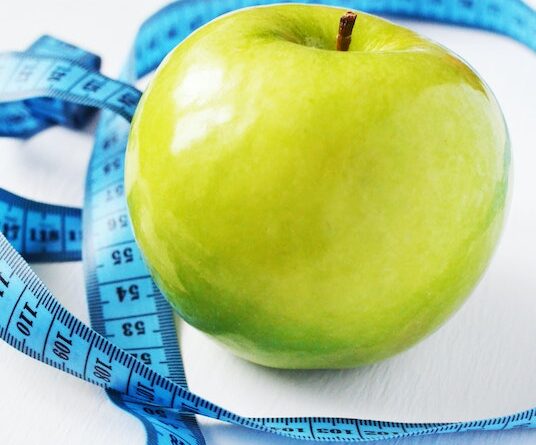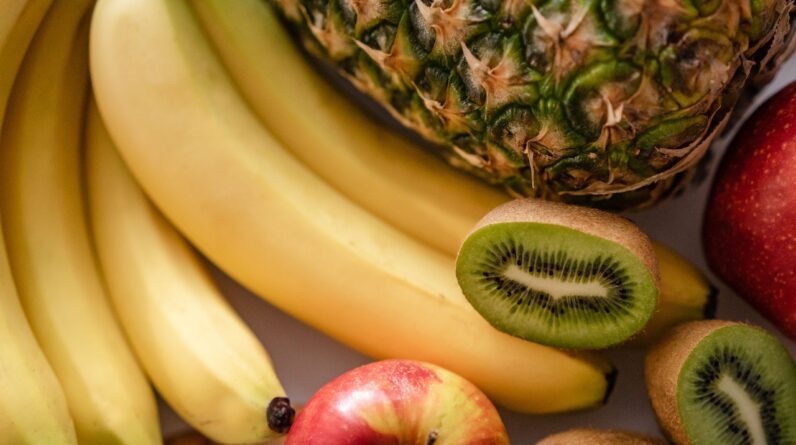
Introduction
If you’re wondering, “How can I lose weight without doing exercise?” then you’re in the right place. This article will provide practical, science-based strategies for weight loss that don’t require you to hit the gym.
Understanding the Basics of Weight Loss
Before diving into the strategies, it’s crucial to understand how weight loss works. At its core, weight loss is a matter of energy balance: you need to burn more calories than you consume, which is known as a caloric deficit.
The Role of Diet in Weight Loss
Caloric Deficit: The Key Principle
To create a caloric deficit, you don’t necessarily need to sweat it out at the gym. One of the most effective ways to achieve this is by adjusting your diet. But what does this look like in practice?
Healthy Eating Habits
There are several eating habits you can adopt to help you create a calorie deficit and lose weight.
Choosing Whole Foods
Choosing whole foods over processed ones is a simple yet effective strategy. Whole foods are generally lower in calories and higher in nutrients, helping you feel fuller for longer.
Limiting Sugar Intake
Limiting your sugar intake is another essential step. Sugary foods and drinks can add a significant amount of calories to your diet and may lead to weight gain if consumed in excess.
Opting for Protein-Rich Foods
Including more protein-rich foods in your diet is another smart move. Protein boosts satiety, reduces hunger, and may also aid in weight loss.
Importance of Hydration
Drinking plenty of water is vital when trying to lose weight. It not only helps keep you hydrated but can also help you eat less by making you feel full.
Lifestyle Modifications for Weight Loss
Prioritizing Sleep
Sleep is often overlooked when it comes to weight loss, but it shouldn’t be. Lack of sleep can interfere with your body’s hunger hormones and lead to weight gain.
Managing Stress Levels
Managing stress is another crucial aspect. Chronic stress can lead to overeating and weight gain, so finding healthy ways to cope with stress can support weight loss.
Weight Loss without Exercise: Is it Sustainable?
While it’s possible to lose weight without exercise, it’s essential to consider sustainability. Long-term weight management is about creating a lifestyle you can maintain, not a quick fix.
In Summary
Losing weight without exercise is possible by creating a calorie deficit through diet, staying hydrated, and making lifestyle modifications. However, it’s important to approach this as a lifestyle change, not a temporary fix.
FAQs
- Can I lose weight just by dieting? Yes, you can lose weight by creating a caloric deficit through diet alone. However, including exercise can help speed up the process and provide additional health benefits.
- How much water should I drink to lose weight? While the amount can vary based on individual needs, a common recommendation is to drink at least eight 8-ounce glasses of water a day.
- Does sleep affect weight loss? Absolutely. Poor sleep can disrupt your body’s hunger hormones, leading to increased appetite and potential weight gain.
- Can stress cause weight gain? Yes, chronic stress can lead to behaviors like overeating, which can result in weight gain.
- Is weight loss without exercise sustainable? It can be, but it depends on maintaining a calorie deficit and making sustainable lifestyle changes. Including exercise can make weight management more effective and sustainable in the long run.
- Can protein-rich foods help with weight loss? Yes, protein-rich foods can help with weight loss as they tend to keep you feeling fuller for longer, thereby reducing overall calorie intake.
- What are some whole foods that I can incorporate into my diet? Fruits, vegetables, whole grains, lean proteins, and healthy fats like avocados and nuts are all examples of whole foods.
- How can I manage stress for weight loss? There are various ways to manage stress, including meditation, yoga, deep-breathing exercises, or even simple activities like taking a walk or reading a book.
- Are there certain types of food I should avoid to lose weight? It’s not so much about completely avoiding certain foods, but rather limiting intake of highly processed foods, sugary snacks, and beverages. They are often high in calories and low in nutrients.
- What does a sustainable lifestyle change look like for weight loss? A sustainable lifestyle change involves adopting healthy habits that you can maintain long term. This could include eating a balanced diet, getting regular sleep, managing stress, and staying active.
Remember, everyone’s body responds differently to various weight loss strategies. What works for one person might not work for another. So, it’s important to find a balance that suits you and supports your health and well-being. The key is to make gradual changes and be patient with yourself. After all, lasting change takes time.







